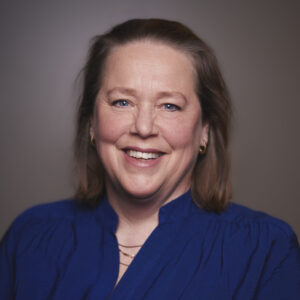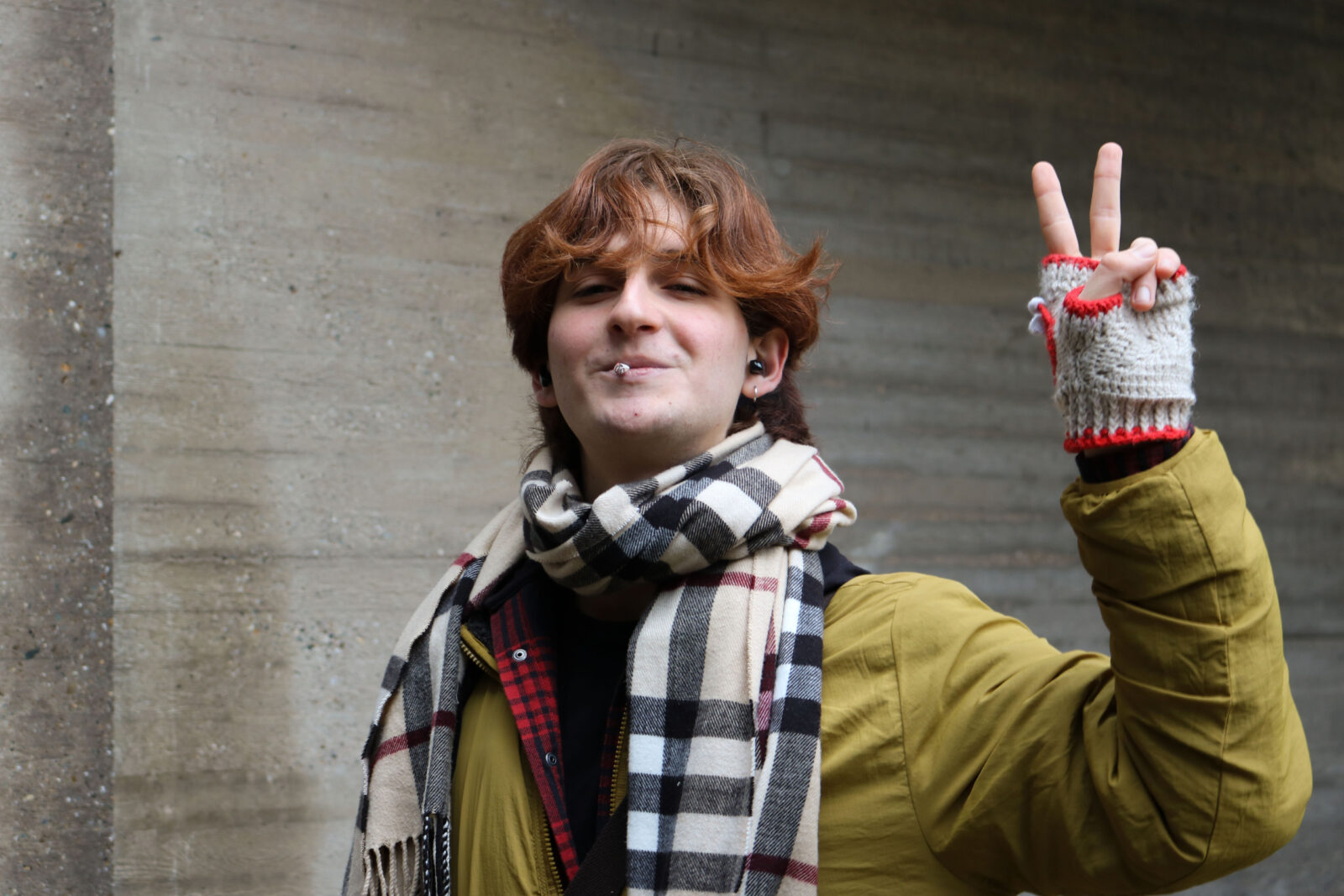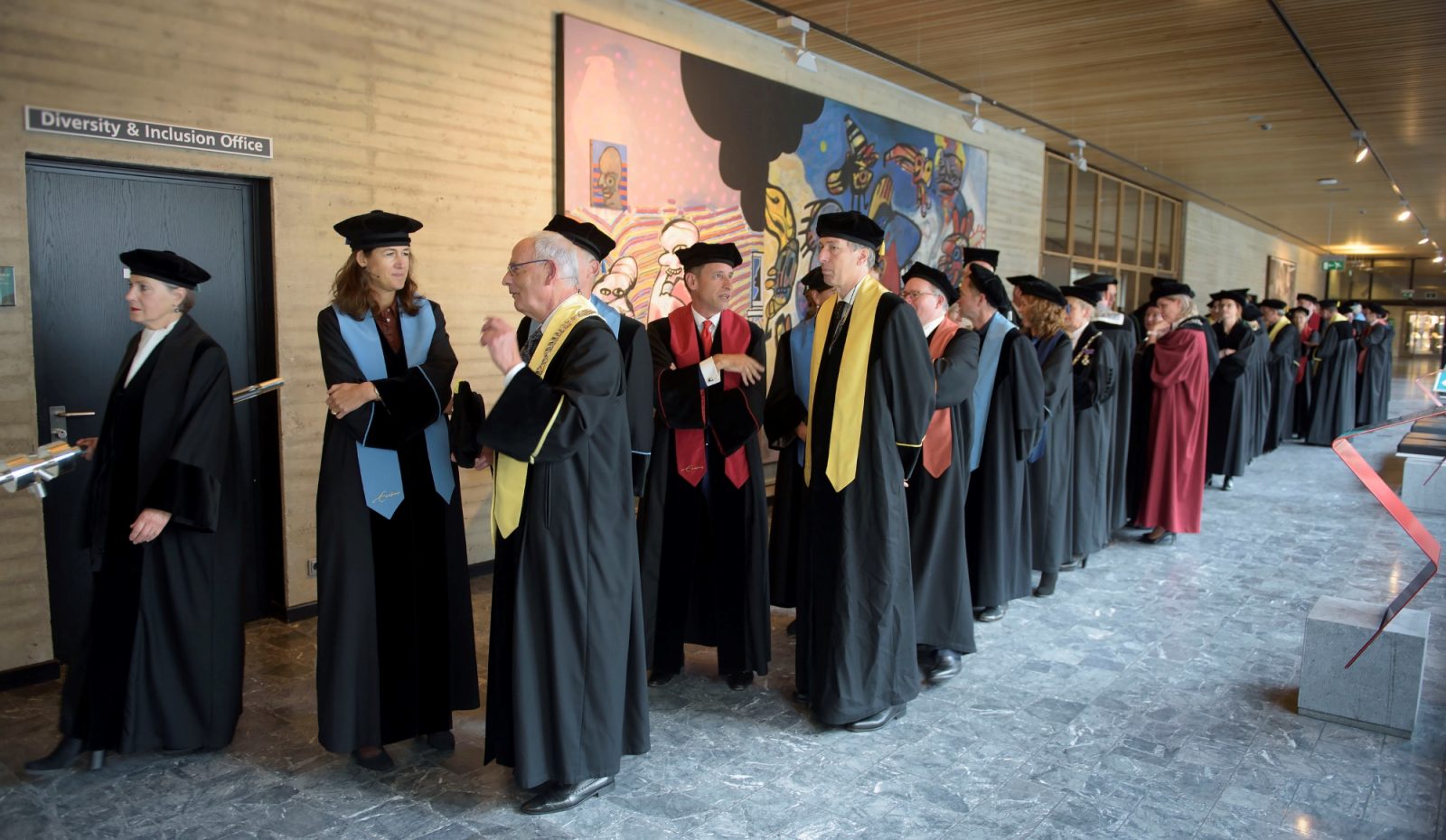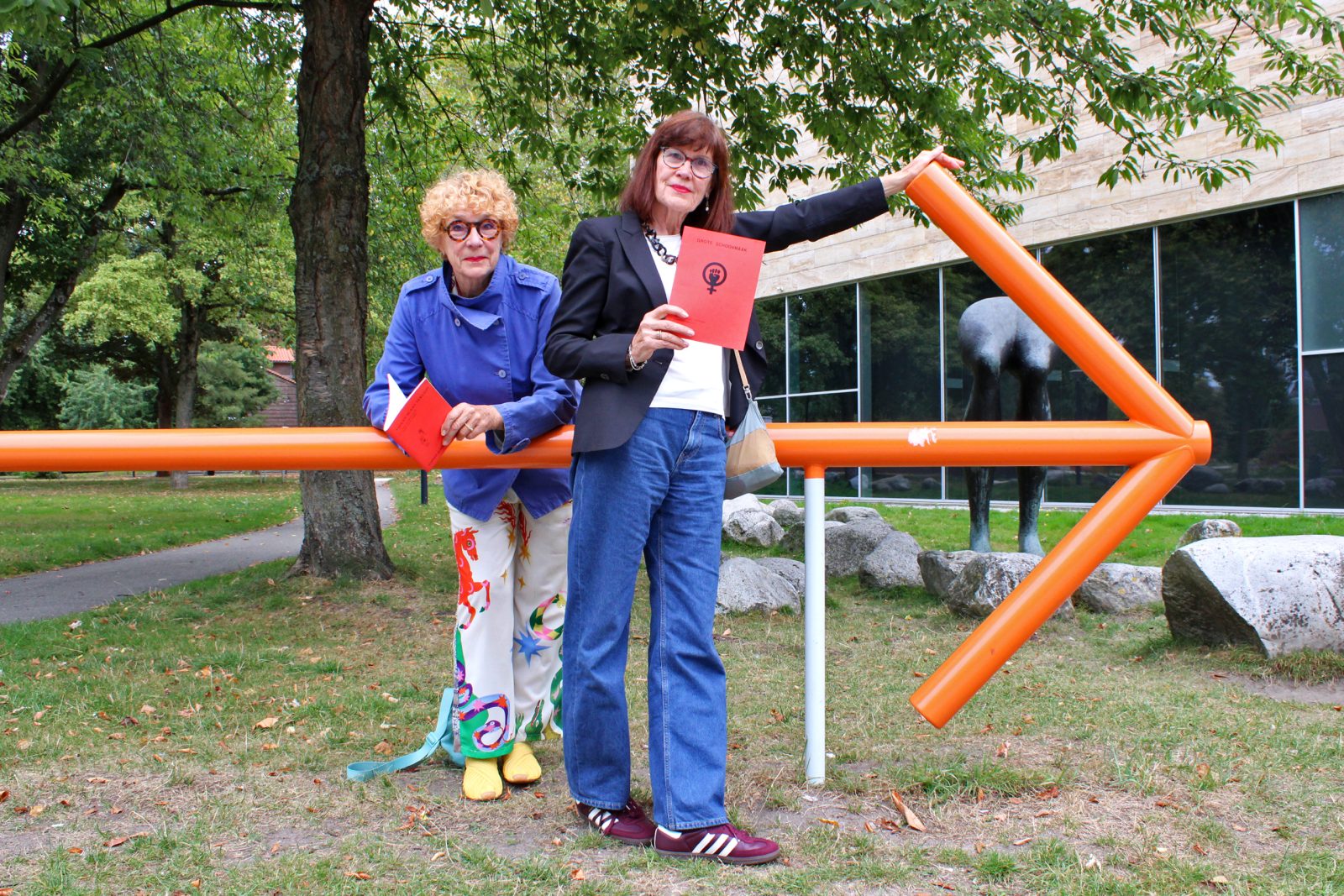‘We are all chasing the same women’
Last month, Erasmus University announced the identities of four new female professors who will be appointed using funds supplied under the Westerdijk talent scheme. The university could have received enough money to appoint nine new women professors but four faculties and one institute passed up on the €50,000 subsidies to which they were entitled. Why did they do so?
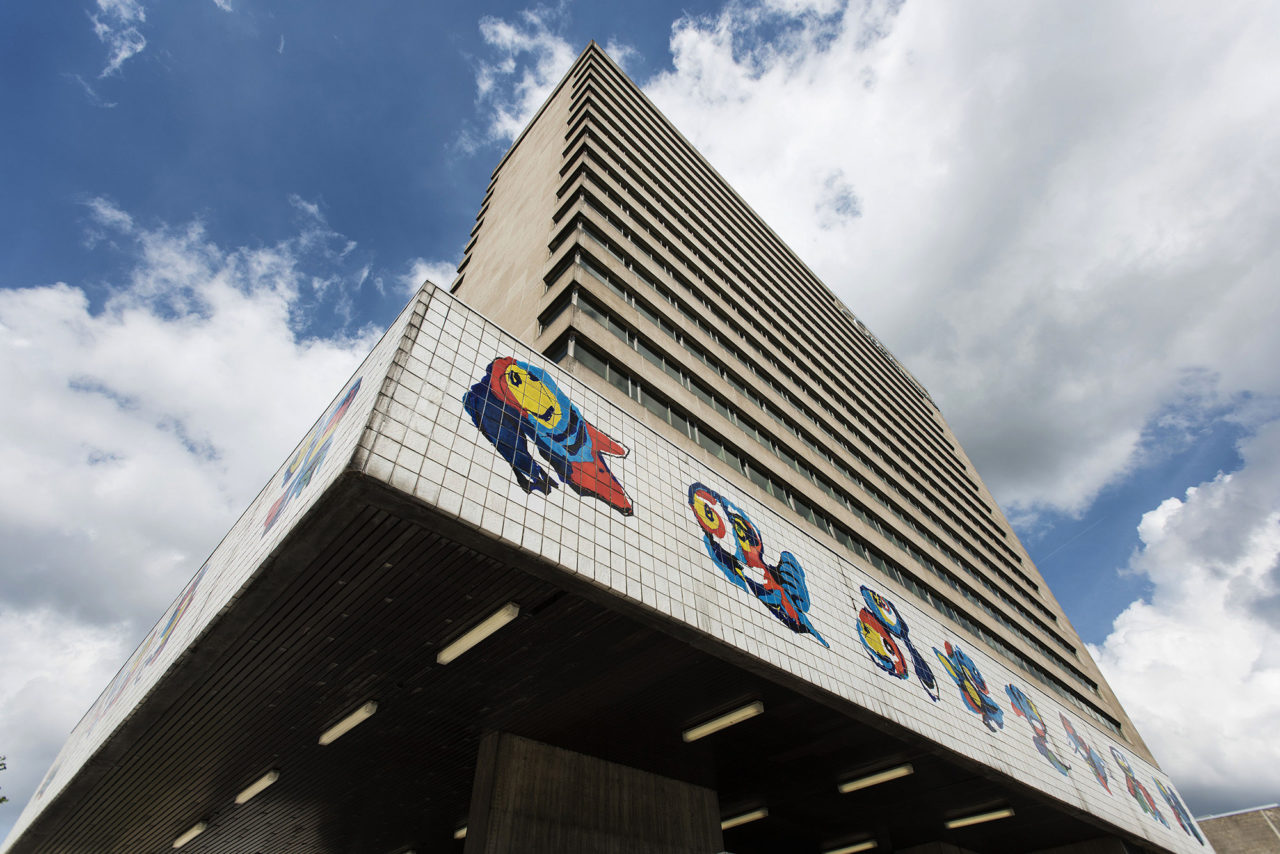
Image by: Ronald van den Heerik
read more
- EUR to pass up on a quarter million for appointment of women professors
- ‘Sometimes high workload is also synonymous with other problems within an organisation’
The Rotterdam School of Management (RSM) and the Erasmus School of Health Policy & Management (ESHPM) largely made the decision not to use the subsidies because of their career policies. Antoinette de Bont, ESHPM’s Research Director, told EM: “The measure does not fit in with EUR’s policy of giving newly appointed full professors an endowed chair for eight years before giving them a regular chair.”
“The Westerdijkgelden were not applicable for ESL within the career policy,” ESL spokesman Mischa van Vlier emailed. “In this policy, the development of the scientist is central and any number of formation places that may be present does not play a role in promoting those who qualify as a full professor. So the availability of extra money was no reason to promote an extra woman.”
Stigmatising
According to RSM Dean Steef van de Velde, the tenure-track policy on which the faculty embarked in 2007 is beginning to bear fruit. “There are plenty of women in the pipeline who may be appointed full professors with endowed chairs in the foreseeable future. It doesn’t make sense to pick one person from this pool due to such a scheme. Why give one person a bit of money if no one else gets any?”
“Moreover, we feel that being appointed to a professorship in this way is stigmatising for the women themselves,” said Van de Velde. “We, the Board, wish to protect them from having it said about them that they needed this type of appointment because they could not get an appointment on their own merits.”
No need for the money
‘Why give one person a bit of money if no one else gets any?’
At the Erasmus School of History, Culture and Communication (ESHCC), financial motives played a part in the decision not to use the subsidy. Interim Dean Dymph van den Boom told the Faculty Council that a €50,000 subsidy would not suffice for the creation of a new chair. “ESHCC’s current budget does not allow for the creation of a new chair. The use of this type of funding must be planned in advance.”
For their part, the Erasmus School of Economics (ESE) and RSM actually stated they did not need the funds. ESE spokesperson Ronald de Groot told EM in an e-mail: “At ESE, we have sufficient financial resources to be able to realise high-quality appointments, and we are happy to allow the subsidy we would have received under the Westerdijk scheme to be given to a faculty that needs it more than we do. I would like to leave it at that.”
Van de Velde added, “The €10,000 euro annual bonus would seem to suggest that you can’t appoint someone to a professorship unless you have financial motives to do so. But money is no object for us.”
Competition
Van de Velde told EM that RSM did have difficulty retaining its academic staff. “Many overseas associate professors leave us before we can appoint them to a full professorship, partly because they pay less tax during their first eight years here. Once that tax benefit is removed, people decide to return to their own country. We lose more women than men in this way, partly because women are more likely to follow their husbands when the husbands are offered jobs elsewhere.”
Ironically, Van de Velde also believes that the pressure to appoint women to full professorships will result in competition. “We have noticed that now that everyone wants to appoint women, we are all chasing the same women.”
This message was supplemented on 18 April with a response from the ESL. In an earlier version it was stated that the ESL had not responded to questions from EM. After publication of the article, the faculty responded as yet.
De redactie
-
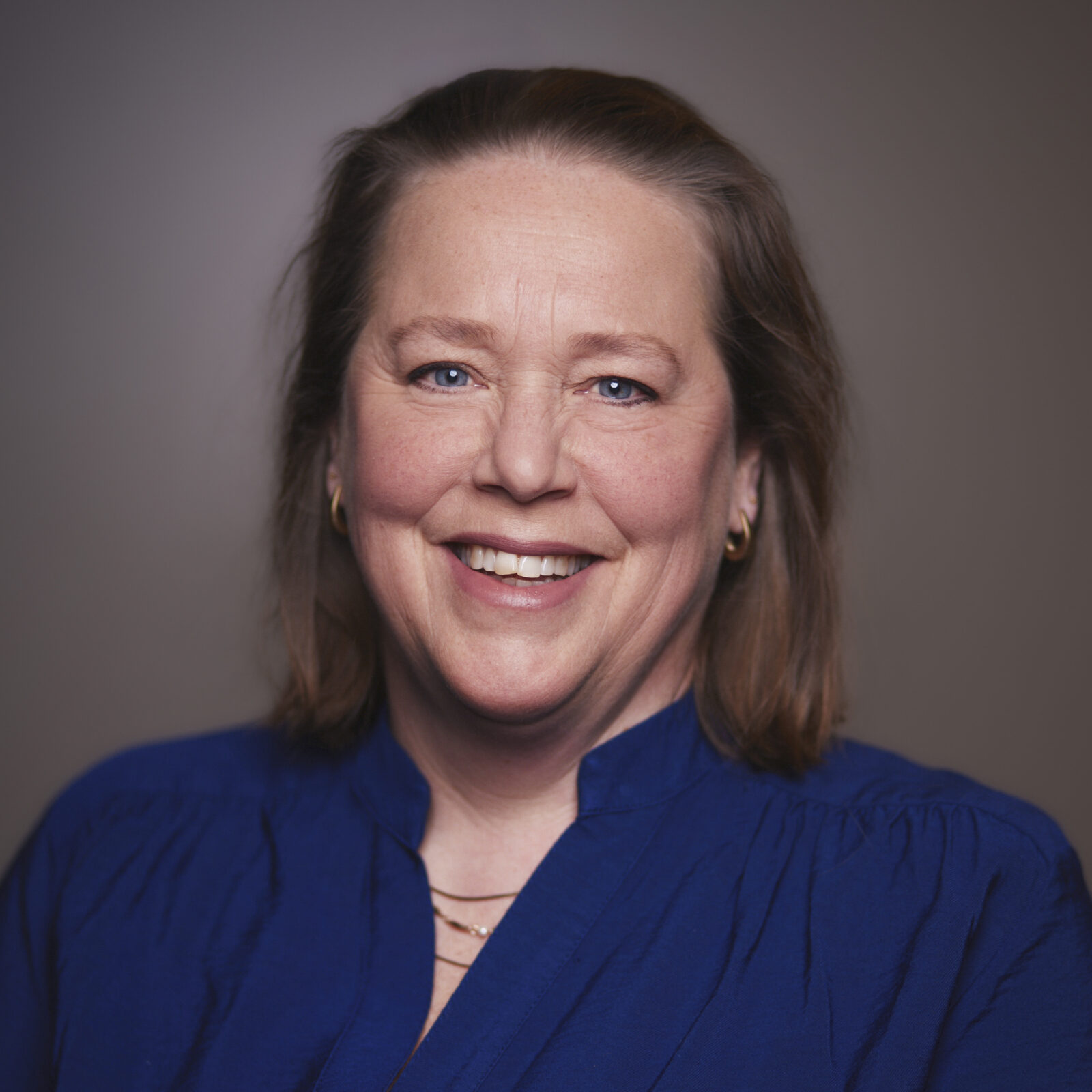 Wieneke Gunneweg
Wieneke GunnewegEditor-in-chief
-
 Tim Ficheroux
Tim FicherouxSenior Editor
Latest news
-

University calls on people to remind smokers, security guards don’t send smokers off campus
Gepubliceerd op:-
Campus
-
-

What do the new European housing plans mean for students?
Gepubliceerd op:-
Campus
-
-

Makeover for Erasmus Magazine: new and more accessible website is live
Gepubliceerd op:-
Campus
-
Comments
Comments are closed.
Read more in diversity
-
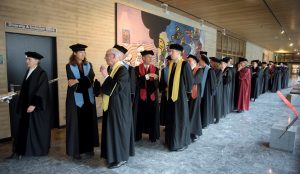
Men more likely than women to hold prestigious positions at universities
Gepubliceerd op:-
Diversity
-
-
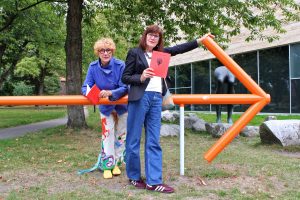
How Tante Sjaan fought for the position of women at the EUR fifty years ago
Gepubliceerd op:-
Diversity
-
-

Harvard changes name of diversity department
Gepubliceerd op:-
Diversity
-
